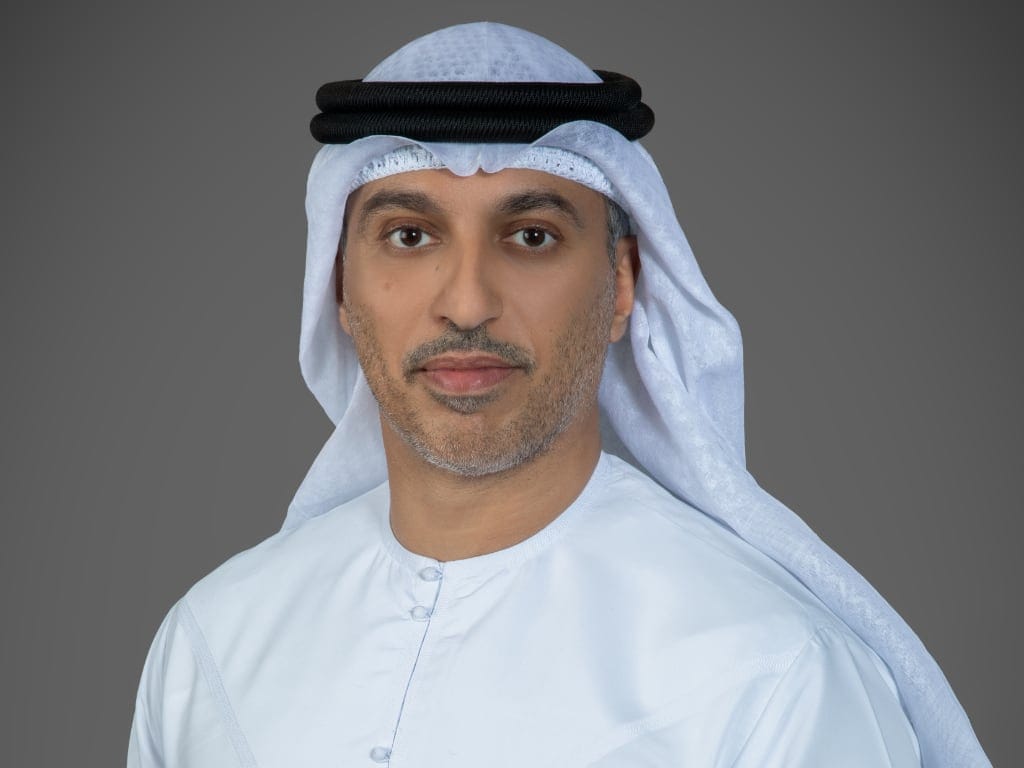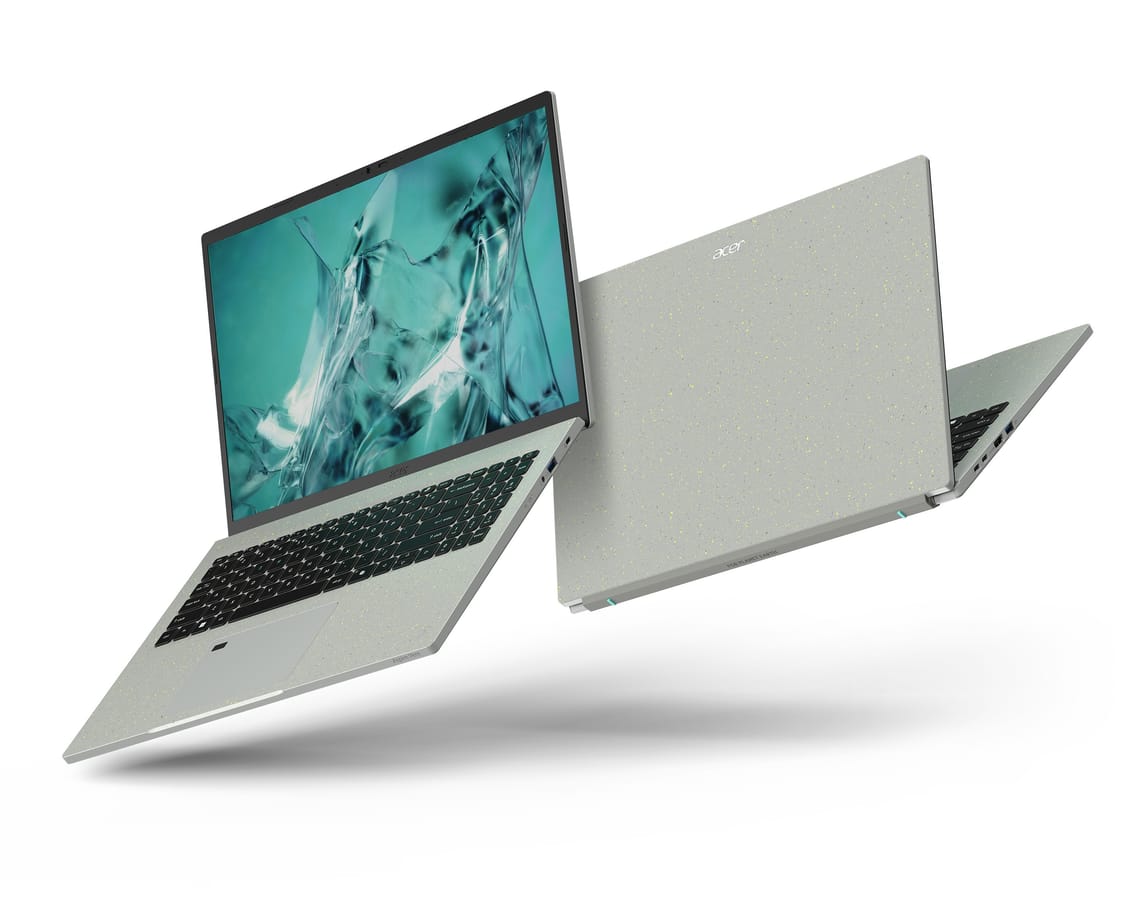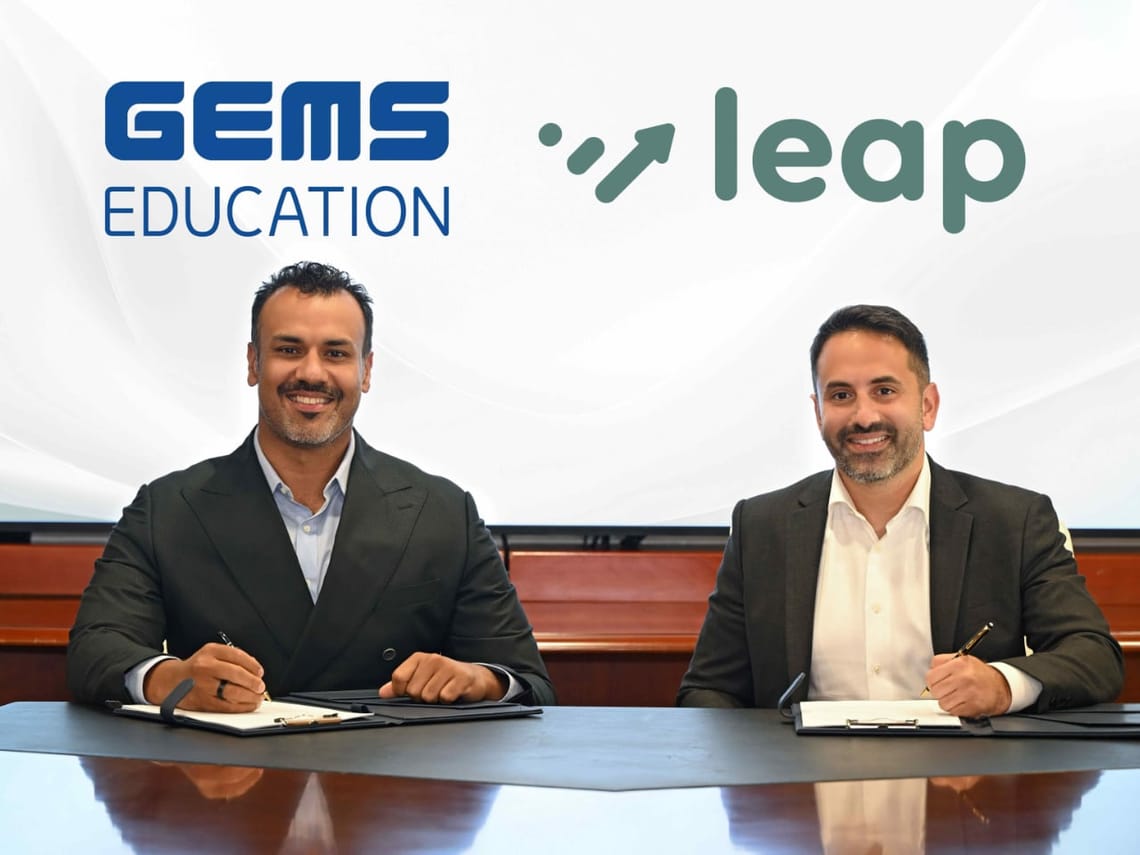- First UAE Space Retreat held in Dubai on 29 October 2025.
- Senior ministers and ~100 leaders set priorities for regulation, funding, talent and manufacturing.
- Push to speed up licensing, protect IP and launch new incentives for startups.
- Plans include a Space Economic Cluster and closer links between universities and industry.
- The UAE cites AED 44bn invested to date and a global space market headed to USD 1.8tn by 2035.
The UAE Space Agency has hosted the first UAE Space Retreat at the Etihad Museum, Dubai. Ministers, agency leaders and private-sector players used the closed-door sessions to align on policy and investment for the next phase of the UAE’s space economy.
The agenda: faster, clearer rules, easier licensing, real money for startups, and a pipeline of local talent tied to industry. Expect new programmes around manufacturing and testing, plus a dedicated Space Economic Cluster to plug companies into markets faster.
Why this retreat matters
This was not a ribbon-cutting. It was a working session to set near-term tasks for a space market the UAE wants to lead regionally and compete in globally.
- Date and venue: 29 October 2025, Etihad Museum, Dubai
- Attendance: senior ministers and roughly 100 leaders from government and industry
- Aim: align policy, investment and talent to build a competitive, sustainable space economy
The UAE framed the retreat as a milestone for a space ecosystem that blends public and private effort. The focus was practical: regulation, financing, talent and facilities. The message was simple enough — make it easier to build in the UAE, then help those projects reach global markets.
Regulation and licensing: faster paths to market
Speakers pushed for rules that support commercial space while protecting IP and safety. Expect action on approvals and rights.
- Accelerate legislative and regulatory frameworks
- Keep licensing flexible and transparent
- Strengthen IP protection for local and foreign investors
This ties neatly to the UAE Space Agency’s recent digital platform for space licences, which lets companies apply and track approvals online with UAE PASS. That should cut paperwork for startups and investors alike. See our brief on the digital space licensing platform for how the four-step flow works.
Funding, incentives and global partnerships
The retreat put money and access on the table, not just memos.
- Launch targeted financing and incentives for startups and innovators
- Expand international partnerships for market entry and knowledge exchange
- Build a Space Economic Cluster under the National Cluster Strategy
Ministers referenced AED 44 billion already invested in the sector, alongside a global space market expected to hit USD 1.8 trillion by 2035. That scale explains the push for structured incentives and clusters, which make it easier for suppliers, founders and research teams to find each other and close deals.
For context on regional momentum and returns tied to flagship UAE missions such as Hope and MBZ-SAT, see our note on Middle East space market outlook.
Talent, research and the university–industry link
No talent, no industry. The retreat hammered that point.
- Build a specialised human-capital base in space science and engineering
- Fund research grants and centres of excellence
- Connect universities, research labs and manufacturers with real projects
The plan leans on programmes that give students and researchers hands-on experience with actual space hardware and data. It’s a pragmatic route to a youth-led space economy, and one that draws academia closer to production lines instead of just papers.
For a taste of local capability ramping up, read our coverage of the UAE’s first liquid rocket engine test by TII. It shows how home-grown propulsion and test infrastructure are coming together.
Manufacturing, testing and “Make it in the Emirates”
The retreat wants more of the supply chain built at home.
- Develop an integrated national system for space manufacturing
- Stand up advanced testing and manufacturing facilities to international standards
- Link industry moves to the Make it in the Emirates initiative
The intent is to help local firms produce satellite parts, subsystems and test payloads in the UAE, backed by certified facilities. That shortens timelines, reduces import friction and creates high-value jobs. It also gives international partners a reason to base work here, not just buy from here.
Who was in the room
Senior officials set the tone and priorities. Agencies and companies will carry them out.
- Ministers from Sports, Foreign Trade, Economy and Tourism, and Human Resources and Emiratisation
- Board members and teams from the UAE Space Agency
- National entities including MBRSC, TII, EDGE Group, Space42
- Strategic partners across defence, foreign affairs, industry and higher education
This mix supports the cross-cutting nature of space: it touches transport, data, climate, defence and trade. The retreat format helped different ministries and boards lock goals together.
What is the UAE Space Retreat?
A working retreat hosted by the UAE Space Agency to align policy, investment, talent and infrastructure for the national space sector. The first edition ran in Dubai on 29 October 2025.
What outcomes should companies expect?
Movement on a clearer regulatory framework, quicker licensing, IP protection, startup finance and incentives, and access to testing and manufacturing facilities.
What is the Space Economic Cluster?
A planned cluster under the National Cluster Strategy that connects space companies with suppliers, investors and export channels, with government support.
How does this help startups?
Through targeted funding, incentives, faster approvals and better links to universities and manufacturers, making it easier to build and scale from the UAE. See also our write-up on UAESA’s digital licensing.
Who are the key partners?
Multiple ministries, the UAE Space Agency Board, and national entities such as MBRSC, TII, EDGE Group and Space42, plus academic institutions.
Subscribe to our newsletter to get the latest updates and news















Member discussion